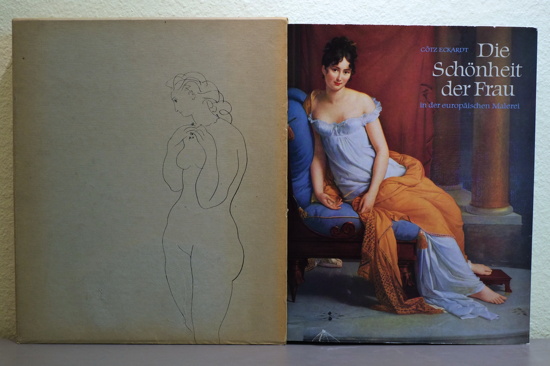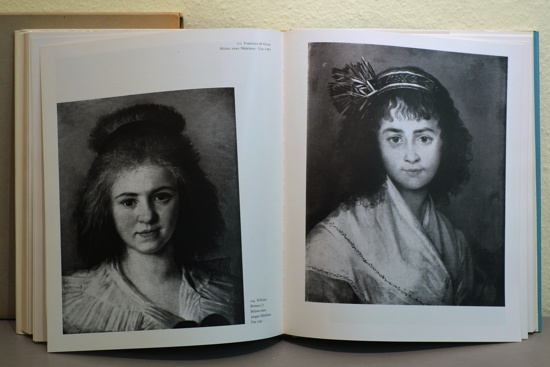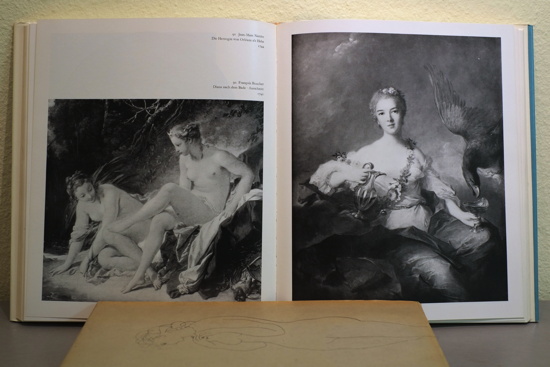“Were gonna need a bigger boat.”
“Jaws”
Almost all of my literature is digital. Literature for work, literature for private education or pleasure, I read it all on my iPad. This does not mean that I buy books for Kindle (I only have bought 8 books this way and 2 were offered for free), I buy books and scan them with my document scanner (see Creating a Virtual Library and 109 scanned books later …). I’ve done this now for about 2 years and I don’t ever want to go back. Reading books this way has a couple of advantages:
- quality is almost as good as a digital/paper book — a good scan with OCR (makes text selectable) can be done with almost any book and is usually pretty accurate
- no DRM — I bought the book, I can do with it whatever I want (Amazon can actually instruct your Kindle to delete books you ‘own’, BTW, they can’t do it with my files).
- future proof — I can read the PDFs anyway and anywhere I want (I’ll get in trouble if PDF is ever discontinued — unlikely — or if we ever live in a world without electrical power — possible, but I guess then I’ll have other problems)
- easy backups — If my apartment burns down, I still have my literature.
- ubiquitously available — There are no limits on the number of copies I can make for myself.
- easy to create notes/highlights/derivative works — Highlighted text can be exported easily, allowing you to quickly work with your notes, also great if you want to keep good quotations.
There’s another good reason here, a counter argument to “why should I do this effort to create my own digital version when I can get it in digital”. If publishers would offer such an unprotected and freely useable PDF, I would agree. But they don’t.
And the worst thing is, digital books could be really cheap: There are no printing costs, no storage costs, no shipping costs except bandwidth, and what you can do with them is often highly limited, e.g., often you cannot resell them (so the publishers win again)! But they aren’t cheap either. Publishers (at least in Germany) still cling to their old price models while degrading the reader experience. In a way, you have essentially borrowed a book from a library for a steep price and a long (but not unlimited) time.
But paper books — those can be really cheap too, and often they are. Used books are really, really cheap, often cheaper than the digital version. The condition, hell, even the smell — not the book smell, the “my former owner was a smoker and he was cheap” smell — doesn’t matter: Smell doesn’t digitize (yet). And if you got a stove, you can even use the cut pages to start a fire (just kidding, cutting books hurts, still, would work).
The only problem I have if I get a book that is either:
- too large to be scanned (my scanner is A4+), and/or
- possesses too much ‘charm’ to be scanned.
Both points recently happened to me with a book called: “Die Schönheit der Frau in der europäischen Malerei” by Götz Eckardt [The beauty of the woman in European painting].



Beautiful book — I originally ordered it (used) because I once saw it in passing and remembered it later. I don’t draw, but I love to photograph, and I think as a photographer, I can learn a lot from painting (more on this in a later posting). Unfortunately, it’s also 28cm x 33cm — to large to be scanned with my A4+ scanner … and frankly, it’s beautifully done. It even got a sleeve. Cool.
(BTW, even this book — or especially this book could have profited by a well-thought out digital version. First, I could have used color throughout the book, unfortunately, it does not and while some photographers prefer black and white, few painters do. Second, it could lead you through the images, explain them with zooming in and the like like.)
Hmm, but unfortunately, it also smells — (one of) the prior owner(s) was a smoker. So perhaps I scan it after all … or perhaps I photograph it?
So, unless it’s a hand-made one-of-a-kind book, it’s definitely to scan.